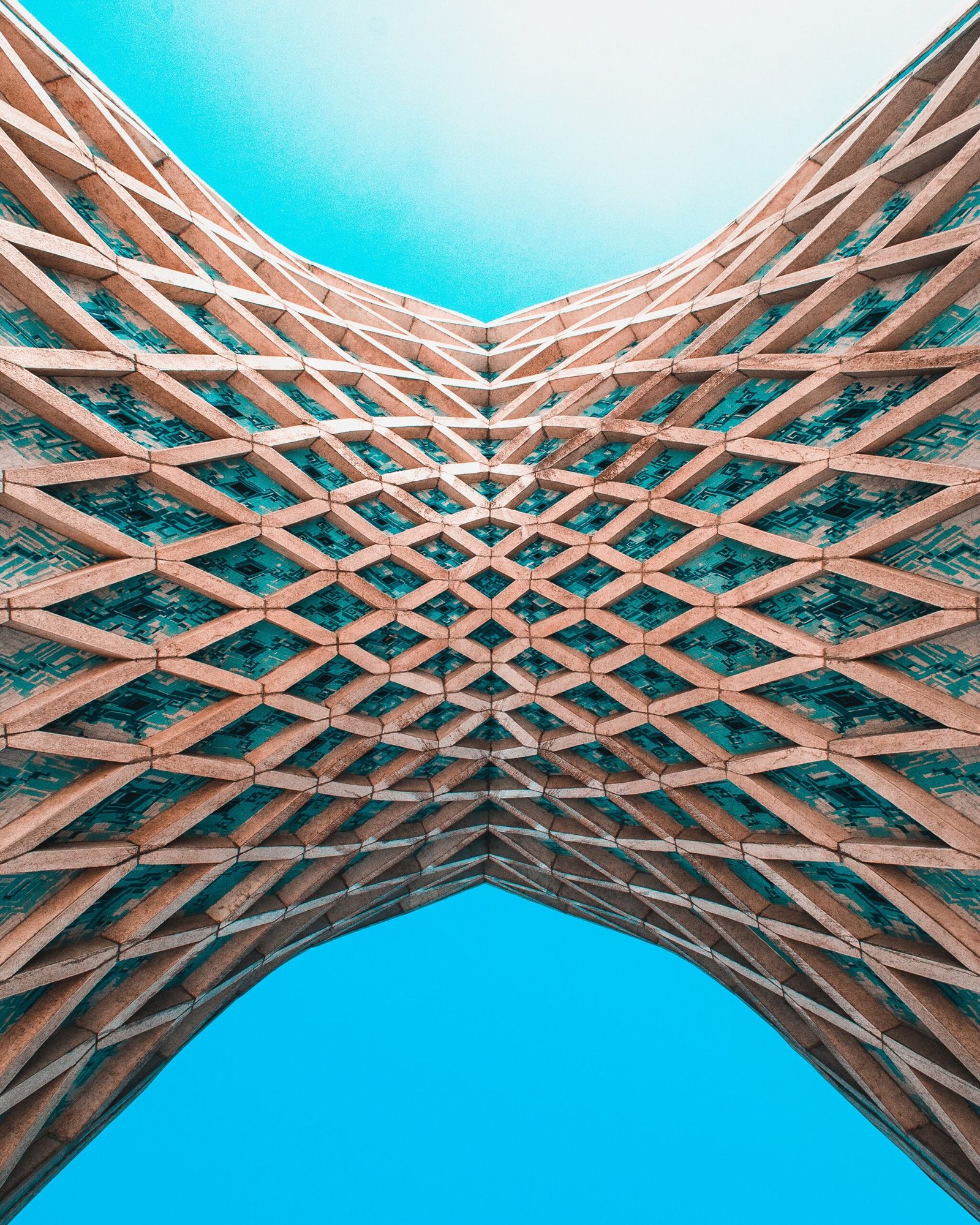Futuristic Architecture: Sustainable and Innovative Designs for a Sustainable Future
As our world continues to face the challenges of climate change and environmental degradation, the need for sustainable and innovative designs in architecture has become more important than ever. Architects and designers are now embracing futuristic concepts and technologies to create buildings that not only minimize their impact on the environment but also enhance the quality of life for their occupants. In this blog post, we will explore the latest trends and news in futuristic architecture, highlighting the incredible potential it holds for a sustainable future.
Creating a Sustainable Future
Futuristic architecture aims to create buildings that are not only visually striking but also environmentally friendly and energy-efficient. These designs incorporate sustainable materials, renewable energy sources, and advanced technologies to reduce carbon footprints and promote a more sustainable way of living.
One of the current trends in futuristic architecture is the use of green roofs and walls. These innovative designs incorporate vegetation into the building’s structure, providing insulation, reducing heat island effects, and improving air quality. For example, the Bosco Verticale in Milan, Italy, features over 900 trees and 20,000 plants, creating a vertical forest that helps combat air pollution and provides habitat for wildlife.
Another exciting development in sustainable architecture is the integration of renewable energy sources. Buildings are now being designed with solar panels, wind turbines, and geothermal systems to generate clean energy on-site. The Bullitt Center in Seattle, Washington, is a prime example of this, as it produces more energy than it consumes, thanks to its extensive solar panel array and energy-efficient design.
Embracing Innovative Technologies
Futuristic architecture goes beyond sustainable materials and renewable energy sources. It also incorporates innovative technologies to create smart and efficient buildings. These technologies include advanced automation systems, intelligent lighting, and smart home features that optimize energy consumption and enhance the overall user experience.
One of the latest trends in futuristic architecture is the use of 3D printing. This groundbreaking technology allows architects to create complex and customized designs with minimal waste. The advantages of 3D printing in architecture are immense, as it enables the construction of intricate structures and reduces construction time and costs. For instance, the world’s first 3D-printed office building was constructed in Dubai, showcasing the potential of this technology in the construction industry.
Virtual reality (VR) and augmented reality (AR) are also being integrated into architectural design processes. These technologies allow architects and clients to visualize and experience buildings before they are constructed, enabling better decision-making and reducing the risk of design errors. VR and AR also offer opportunities for immersive and interactive experiences within buildings, enhancing user engagement and satisfaction.
Latest News in Futuristic Architecture
Recently, there have been several notable advancements in futuristic architecture. One such example is the completion of the “The Whale” in Andenes, Norway. This extraordinary building, inspired by the natural landscape, resembles a giant marine mammal emerging from the water. It serves as a cultural center and observation point for whale watching, showcasing the harmonious integration of architecture and nature.
Another exciting development is the proposal for the “Under” hotel in Norway. This unique structure is partially submerged in the ocean, offering guests a breathtaking underwater experience. The hotel aims to raise awareness about marine conservation and provide a sustainable tourism destination.
Conclusion
Futuristic architecture is revolutionizing the way we design and construct buildings. By embracing sustainable materials, renewable energy sources, and innovative technologies, architects are creating structures that not only minimize their impact on the environment but also enhance the well-being of their occupants. These designs are a testament to our commitment to a sustainable future.
Call to Action
Join us in embracing futuristic architecture and supporting sustainable designs. Together, we can create a better future for our planet and future generations. Share this blog post with others on social media and spread the word about the incredible potential of sustainable and innovative architecture.
FAQs
Q: What is futuristic architecture?
A: Futuristic architecture refers to the design and construction of buildings that incorporate sustainable materials, renewable energy sources, and innovative technologies to minimize their impact on the environment and enhance the quality of life for occupants.
Q: How does futuristic architecture contribute to a sustainable future?
A: Futuristic architecture promotes sustainability by incorporating green roofs and walls, renewable energy sources, and advanced technologies to reduce carbon footprints and create energy-efficient buildings.
Q: What are some examples of futuristic architecture?
A: Examples of futuristic architecture include the Bosco Verticale in Milan, the Bullitt Center in Seattle, and the world’s first 3D-printed office building in Dubai.
Q: How does 3D printing impact the construction industry?
A: 3D printing revolutionizes the construction industry by enabling the creation of complex and customized designs with minimal waste, reducing construction time and costs.
Q: What are some recent advancements in futuristic architecture?
A: Recent advancements include the completion of “The Whale” in Andenes, Norway, and the proposal for the “Under” hotel, which is partially submerged in the ocean.
Tips
– Stay updated on the latest trends and news in futuristic architecture by following industry publications and attending conferences and exhibitions.
– Consider incorporating sustainable features into your own home or workplace, such as green roofs, solar panels, and energy-efficient appliances.
– Support architects and designers who prioritize sustainability in their projects by choosing to work with them or investing in their creations.









